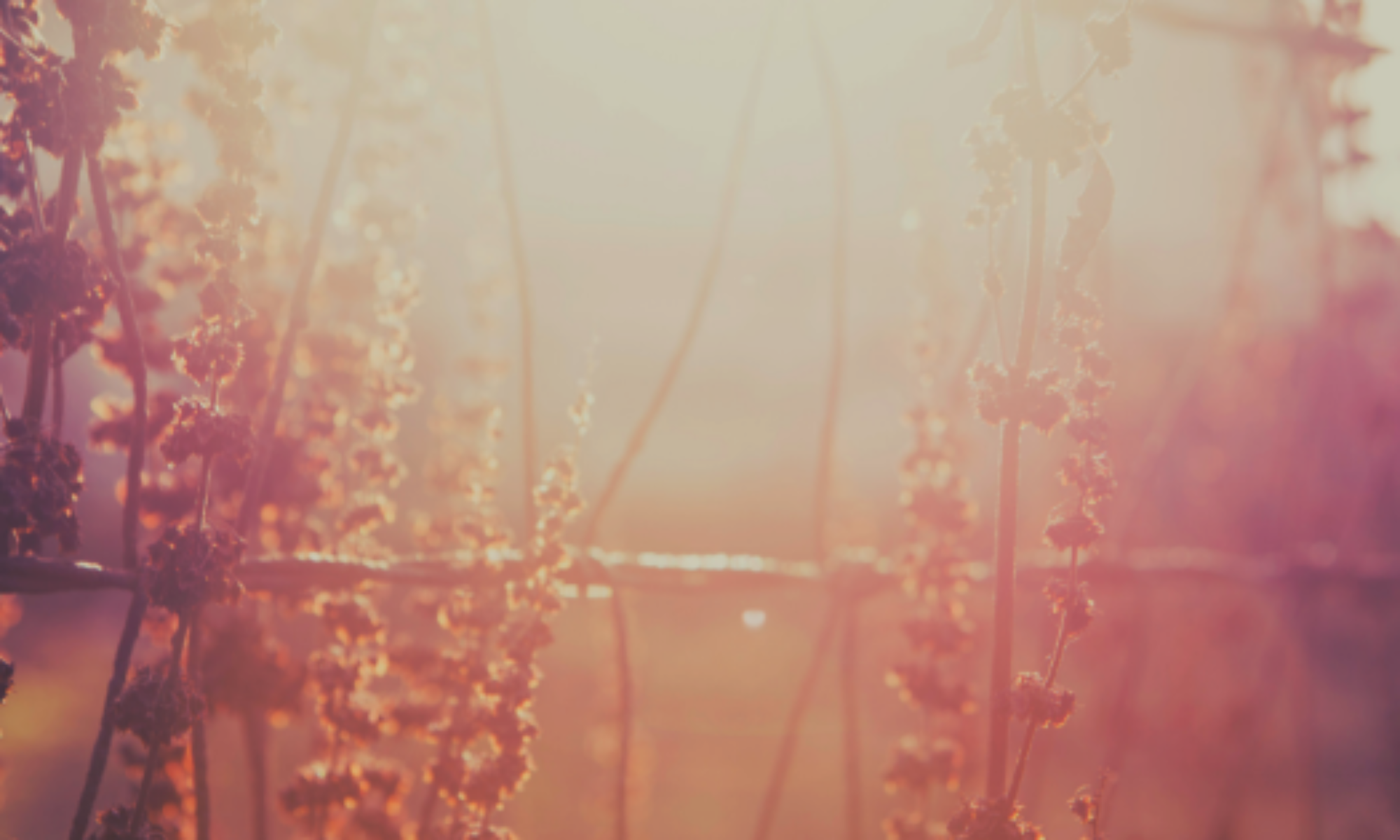
I picked up a book once that gave species grades according to their evolutionary fitness. Lions got A+s. They are the alpha predators in their environment, with many food sources that are well suited to their metabolic needs. Males and females have several biological features that maximize reproduction, and prides raise cubs communally, upping their chance of survival.
Pandas got Fs. Barely.
Why, you ask? Well, for several reasons. Pandas depend on a single food source – bamboo – that they digest poorly. Because bamboo isn’t that nutritious for them, they have to eat a lot of it. All the time. They can’t afford to do much else, metabolically speaking. In addition, bamboo forests don’t exist in many places in the world, and that number is shrinking. As a result, most pandas these days live in captivity.
So there’s the food and environment problem.
Then there’s the reproduction problem, which is related to the other problems. Turns out, pandas in captivity aren’t actually that good at a basic requirement for the survival of a species: having babies. Males out of the wild could care less about mating – even Viagra doesn’t do the trick – meaning females have to be artificially inseminated. Even so, female pandas are only fertile once a year, and they produce few pregnancies and even fewer live births. Then, if a mother happens to have more than one cub (two is usually the limit), she will often leave the weaker to die. You can’t blame her – pregnancy for a panda is a state of slow starvation. She can barely eat enough to sustain herself, much less a gestating or nursing cub. Two is too much to ask.
If pandas were ugly, they’d have gone the way of the dodo a long time ago.

But something about their fluffy roundness, their big black-rimmed eyes, the rollicking way they tumble around without a care in the world triggers all of our protective instincts.
In a way, pandas have become humankind’s adopted babies. We love them, even though they are totally incapable of fending for themselves. We’ve dedicated millions of dollars and decades of advanced animal husbandry and reproductive science to make sure they don’t cheerfully roll themselves out of existence. We tried to give them Viagra, folks.
In the Luke and Matthew, Jesus invites us to “Consider the lilies of the field.” Wildflowers, he tells us, don’t work for their keep; they don’t put any effort into their food, clothing, or any aspect of their existence. They just are, and beautifully so.

Jesus adds, “If that is how God clothes the grass of the field, which is here today and tomorrow is thrown into the furnace, will He not much more clothe you, O you of little faith?
Therefore do not worry, saying, ‘What shall we eat?’ or ‘What shall we drink?’ or ‘What shall we wear?’ For the pagans pursue all these things, and your Heavenly Father knows that you need them. But seek first the kingdom of God and His righteousness, and all these things will be added unto you” (Matthew 6:30-33, Berean Study Bible).
I’ve always loved the analogy in this passage, but I’ve had trouble with it, too. I mean, of course a flower doesn’t have to do anything. It’s a FLOWER.
When I substitute “panda” for “lily,” though, somehow this verse – a gentle admonition to faith, rest, and keeping our priorities in order – sinks in a little more.
Can you picture God as a benevolent panda-keeper, wearing overalls and carrying a basket of bamboo stalks, loving us in our helplessness, and rescuing us from all the ways that we fall short?
All we have to do is put our trust in him.
Sources (besides the book mentioned in the first paragraph, which I haven’t been able to track down):
Panda image
“Lion Reproduction and Offspring”
“Panda Reproduction”
“Why Panda Mothers Abandon Their Babies”
Dodo image
Lilies of the field image






